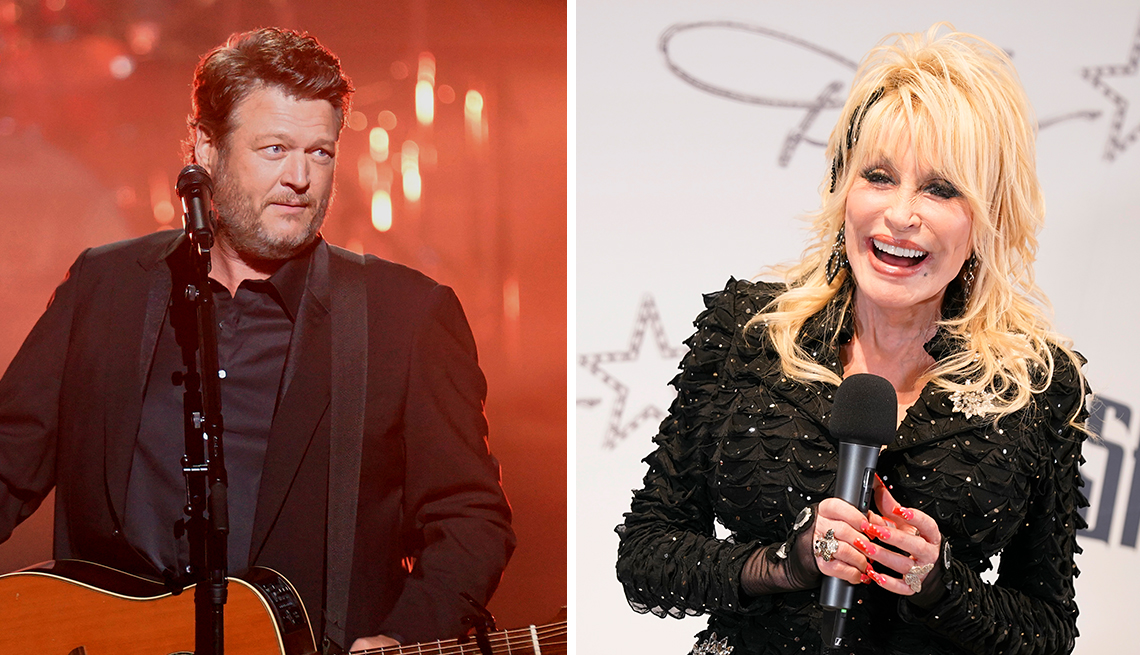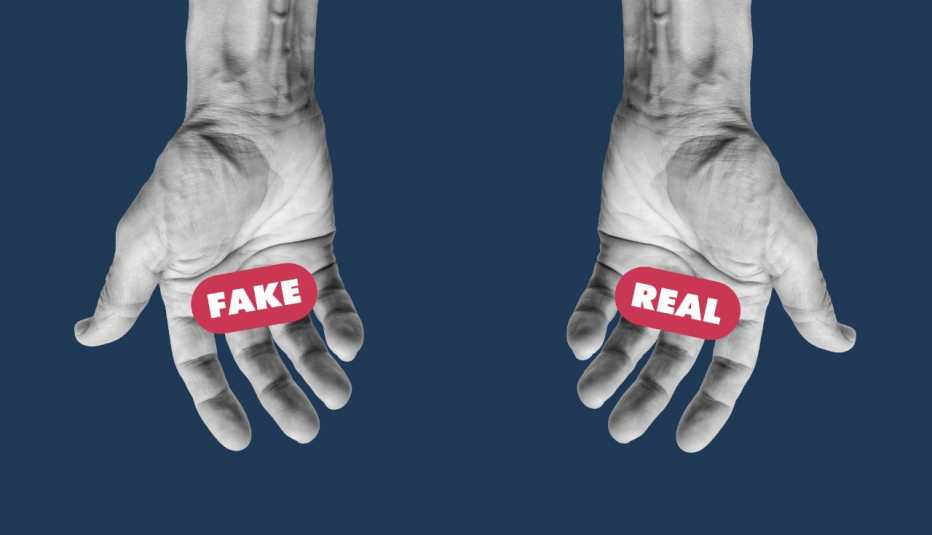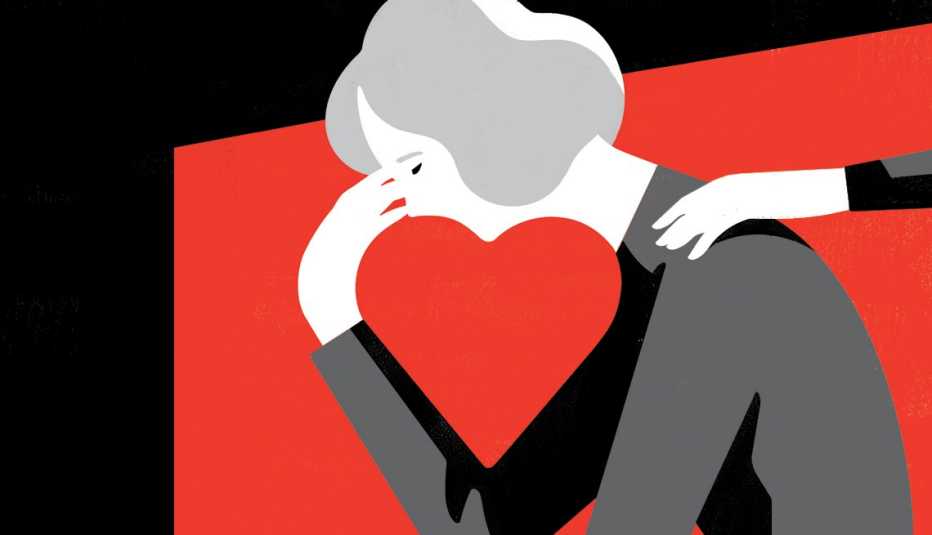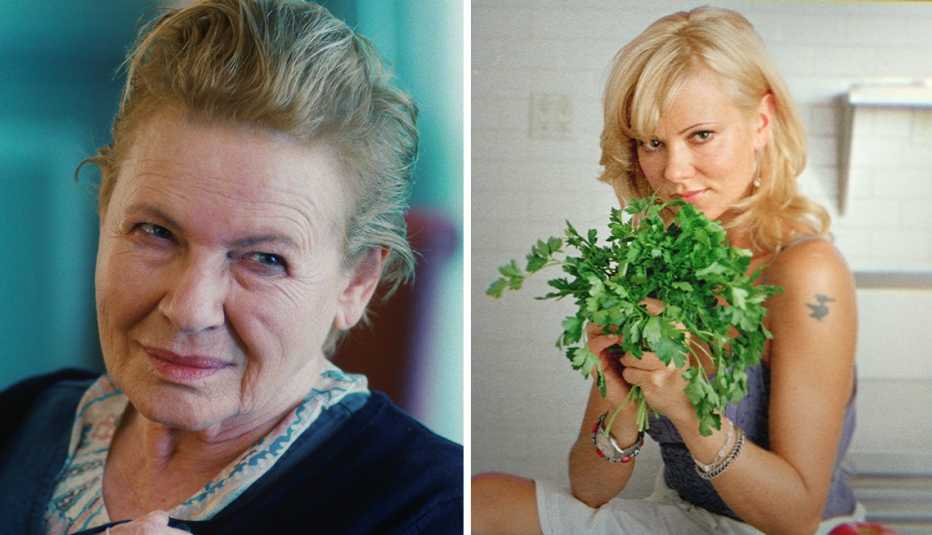Staying Fit
Country superstar Blake Shelton is tall, tousle-haired and so ruggedly handsome that People magazine once proclaimed him the “Sexiest Man Alive.” When J.R., a woman in her 60s in Alabama, heard she could enter a $1 million contest to be chosen the Grammy-winning singer’s fan of the year a few years ago, she decided to enter. To do so, she was told, she needed to made three payments totaling $17,500 through wire transfers, which she did, court documents show. But it was all a scam.


AARP Membership— $12 for your first year when you sign up for Automatic Renewal
Get instant access to members-only products and hundreds of discounts, a free second membership, and a subscription to AARP the Magazine.
It was not Shelton’s manager who was communicating with J.R., identified in court documents only by her initials. There was no $1 million contest. And Shelton, 47, who’s known across musical genres after 23 seasons as a coach on NBC’s The Voice, is among a cavalcade of performers who have publicly condemned the criminals who highjack their names for profit.
How celebrity-impostor scammers work
Celebrity scams vary. The fake VIP — or one of their “reps” — generally reaches out to fans on social media sites or dating platforms, then may move the back-and-forth chitchat to private messaging. The impostor ultimately asks for cash or a charitable donation, or for electronics, or for private information such as a Social Security number. Sometimes the bait is a celebrity “meet and greet.” Cybercriminals also cook up phony celebrity romances online.
Criminals who pose as celebrities follow a playbook, says Anthony Pratkanis, a professor emeritus of psychology at the University of California Santa Cruz. They establish and nurture a relationship with their target before the “ask.” In private messages, the con profiles the target to determine the best approach. If a target is lonely, it’s a romance scam; if altruistic, it’s a charity scam. The criminals invent excuses about why they (wealthy celebrities) supposedly can’t access their funds, Pratkanis says.
Recent calls to AARP’s Fraud Watch Network Helpline (877-908-3360) reporting celebrity impostor scams include one from a woman who reported receiving a Facebook message from a Brazilian singer, who began a long correspondence with her. The woman shared information about her personal life and eventually decided to leave her husband for him. She’d given him their life savings — $300,000 — before learning he was a fraud.
And artificial intelligence (AI) advances can make these scams harder to identity, as they offer criminals the tools they need to mimic voices, alter photos, and avoid the spelling and grammar mistakes that once were red flags for fraud. “It’s opening a new era of potential threats,” said Eyal Benishti, founder and CEO of Ironscales, a company that helps organizations protect against social engineering and email phishing scams, in a 2023 interview with AARP about AI and fraud.
Fake celebrity endorsements
Then there are the criminals pretending to be celebrities endorsing products. In the past few years Dolly Parton, Elon Musk and Rebel Wilson have been among the famous people who’ve been impersonated in online ads touting things like weight-loss drugs, CBD, keto gummies and — in Musk’s case — bogus investments. In reality they had no affiliation with or support for the things advertised. Last year Parton’s publicity team posted a note on Instagram saying as such: "Dolly Parton is not affiliated with, has not endorsed and is not associated with any keto or CBD gummy product. She’s more the cake, cookie, and cornbread type. — Team Dolly.”
AI has allowed criminals to create deepfake videos using celebrities’ images for these fake endorsements, the Better Business Bureau (BBB) has warned. It cited an example where a consumer reported ordering “Oprah Winfrey’s keto gummy bear supplements” after seeing a fake endorsement. The consumer noted in her report, according to BBB: “The ad showed Oprah’s face and featured her explaining the product and offering a first-time buyer discount of buy one bottle for $49 and get a second one free. I clicked on the link and put in my order. The next morning, I received an email stating my order had been processed for $198!” The seller refused to give the customer a refund and shipped the consumer the product.
The product may have been a cannabis-derived gummy supplement that supposedly can prevent dementia or weight loss gummies — both of which have been pitched with bogus Oprah endorsements. Oprah warned her followers about the impostors in a video on Instagram in 2022, noting: “Fraud alert! Please don’t buy weight loss gummies with my picture or name on them.”
High cost of impostor scams
Victims’ losses can be staggering. Impostor scams were the No. 1 fraud complaint last year to the Federal Trade Commission (FTC), with 605,000 reports; more than 1 in 5 targets lost money. Total losses were nearly $2 billion; the median loss was $828.
The criminal ring of scammers who hijacked Shelton’s name also cultivated run-of-the-mill online romances and led victims to think they were men working overseas, federal prosecutors say. The nine defendants, most of them Nigerian citizens, defrauded at least 200 people for at least $2.5 million. (Many pleaded guilty and have been sentenced to prison and fined.)
How to avoid celebrity impostor scams
Check out the supposed celebrity’s charity. Remember that it should be a tax-exempt 501(c)3 organization, says Amy Nofziger, director of the AARP Fraud Watch Network. Avoid charity scams by vetting nonprofits on a site such as Charity Navigator or CharityWatch.
Keep in mind that a genuine VIP won’t send you a private message to solicit funds. Nofziger says, “Enjoy your celebrity crushes — we all have them. Just be careful when any ‘celebrity’ says they need your help."





































































